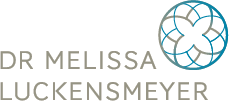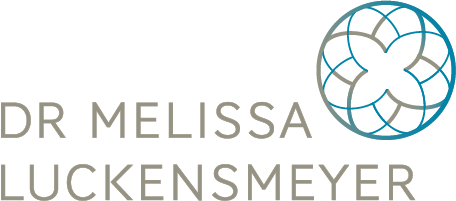In Vitro Fertilisation (IVF) is a technique used to overcome a range of fertility issues. Fundamentally, IVF describes the fertilisation of eggs outside the body. First, the woman is prescribed follicle stimulating hormone injections and other medications in order to regulate the development of follicles and eggs for retrieval. The next step involves extracting eggs from the ovaries, which takes Melissa approximately 15 minutes, and then the eggs are placed in a cell-culture dish along with the sperm. After that, it takes 2 to 5 days for fertilised embryos to grow in the laboratory at Queensland Fertility Group (QFG) before being transferred into the uterus during a day-surgery procedure.
Intra-Cytoplasmic Sperm Injection (ICSI) is an additional step used in an IVF treatment cycle to help achieve fertilisation. The technique is used for patients who may have abnormalities in sperm production, such as low numbers or decreased movement. Following the collection of eggs during the first stage of the IVF process, ICSI is performed using fine micromanipulation equipment where a single sperm is injected into the egg. During a short day-surgery procedure, Melissa then implants a successfully fertilised embryo back into the uterus.
Assisted Reproductive Treatment (ART) covers a wide spectrum of treatments used to assist couples and single women in achieving a successful pregnancy. The recommended treatment is determined depending on your individual cause of infertility.
Ovulation induction may be an option for women who experience irregular ovulation cycles or who may not ovulate at all. OI involves taking medication to stimulate ovulation and promote the development of follicles containing eggs within your ovaries. Through timed intercourse or IUI (see below), this increases your chances to conceive naturally.
Through a series of blood tests and ultrasounds, Melissa will assess and monitor your ovulation cycle to measure hormone levels, the number and size of developing follicles and quality of your uterus lining to advise on the best possible timing for sexual intercourse or IUI.
IUI is a treatment option that works with your natural menstrual cycle and may not necessarily involve hormone stimulation. IUI is also an option for women or couples using donor sperm. This process involves a sample of your partner’s sperm or donor sperm being placed directly into the uterus, timed as close to the day of ovulation as possible. The timing is crucial for the egg and sperm to meet and fertilise.
If you are having difficulty conceiving naturally or with a fertility treatment, using a sperm, egg or embryo donor may increase your chances of having a baby. A donor program may provide single women, or heterosexual or same sex couples, a chance of starting a family.
Donor sperm may provide single women, or heterosexual or same sex couples, a chance of starting a family. Donor sperm may be an option for those who have experienced repeated IVF failure, where the male partner has problems with sperm quality or production, or where there is high risk of passing on a genetic condition.
Women who have experienced trouble conceiving using their own eggs may consider egg donation to increase their chances of having a baby. Donated eggs may be suitable in cases of premature menopause, risk of passing on a genetic disease, or where the ovaries have been affected by chemotherapy or serious illness. Egg donation may also be considered after repeated IVF failure.
If you are considering egg donation your donor will receive hormonal stimulation to encourage the development and maturation of eggs prior to collection. Once the eggs have been collected from your donor they will be fertilised using the sperm of your partner or chosen donor sperm. If the embryo is successfully fertilised it will be transferred into your uterus. Remaining embryos may be frozen for future potential cycles and a pregnancy test is completed 2 weeks after the procedure.


